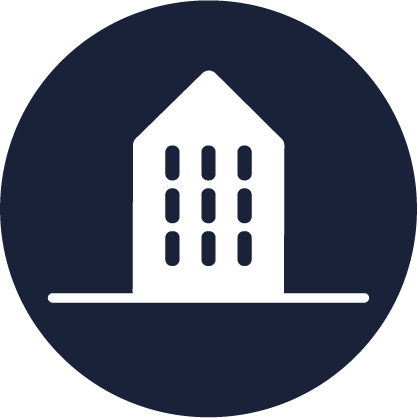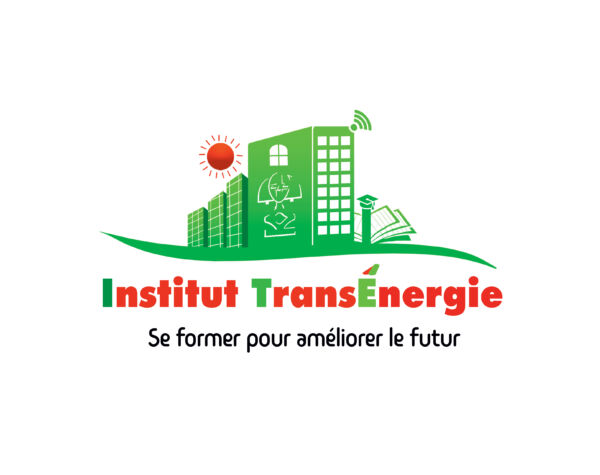SHIFT-House – Green Smart Technologies for Affordable and Sustainable Mass-Housing in Cameroon
SHIFT focuses on designing all kinds of buildings to ensure that they are sustainable with great savings in energy, water and embodied energy in materials, and, therefore, great savings in operating costs.
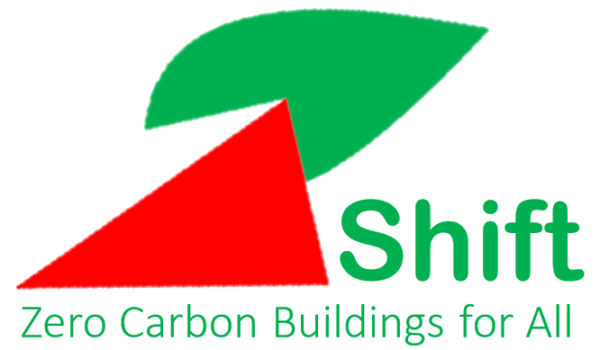
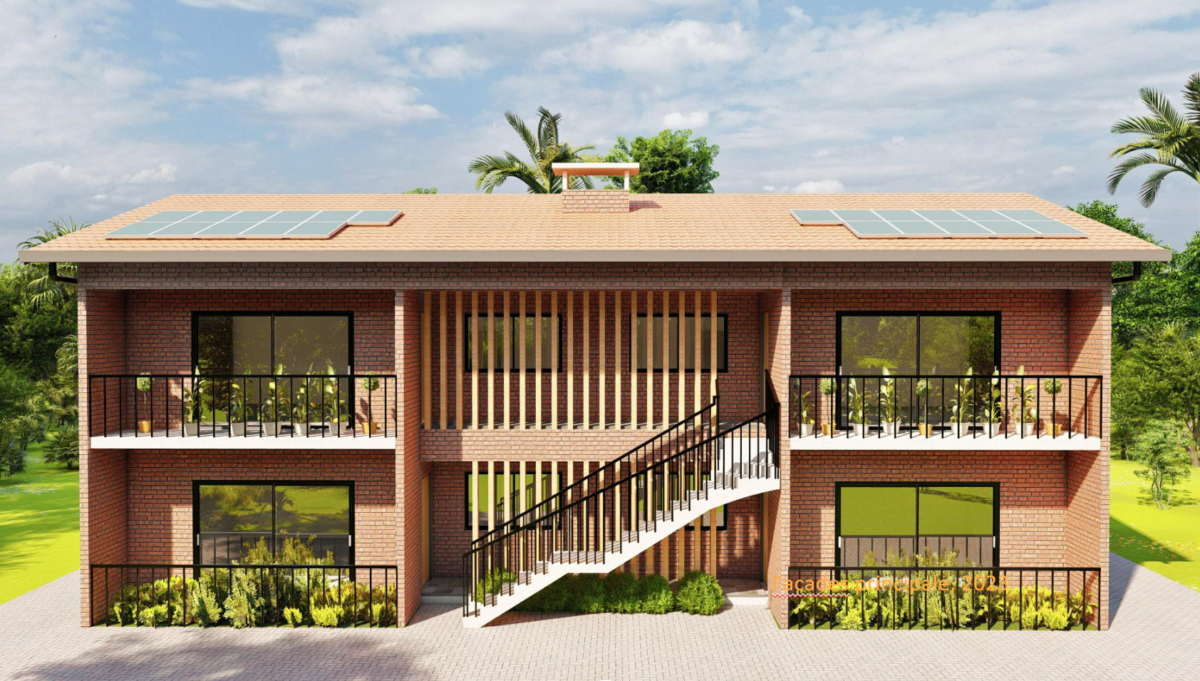
Overview of the project
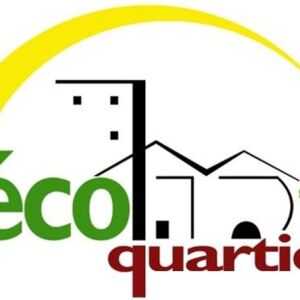
We intend to develop and test the viability of the first-of-its-kind affordable housing standards in Cameroon and to demonstrate existing and new energy-efficient technologies for affordable housing. The SHIFT HOUSE project will be the catalyst for the modernisation of the construction sector in Cameroon, which is currently experiencing a period of unprecedented growth. The project encompasses the design and construction of a low/zero carbon home. These innovative homes will function as tools to address the challenges faced by the construction industry in its endeavour to create a sustainable urban environment in Cameroon and Africa. The project also addresses the Cameroonian Government Code for Sustainable Homes. The homes are designed to various degrees of innovation and flexibility to allow the testing of different aspects of building construction. The SHIFT HOUSE aims to act as a live laboratory for the investigation of the relationship between the deploying technologies, occupants and building performance. The SHIFT HOUSE built will be used as a living test site for deploying sustainable building technologies; their performance and impacts will be monitored over 12 months. The houses are used for research and development projects, student training and the promotion of sustainable technologies in Cameroon and overseas.
The project aims to develop and demonstrate energy and resources efficient innovative technologies for climate-smart, nearly Zero-Energy, affordable and sustainable mass housing across all five climatic zones in Cameroon.
Ongoing research
Project still in progress
The Outputs:
• One case study. The SHIFT HOUSE (< 100 m2)
• Three Guidelines: 1) Policy Guide, 2) Applied-Guide for Technology and knowledge transfer, and 3) User Guide.
• Two Workshops for professionals and policy-makers.
• Five 1-day Public demonstrations to the public, policymakers, and professionals.
• Four Publications, Website, Media (TV or newspaper)/video: Over the project duration, at least three papers in relevant journals. A website of findings. Articles/ one press conference to publicize the new standard.
Traditional building techniques yield a product that is relatively inflexible in terms of spatial layout, servicing and ability to respond to the environmental challenges being set for the mid-and long-term. The construction sector is also facing challenges associated with a shortage of skilled staff and pressure to achieve new ways of construction. A key feature of the SHIFT hOUSE is its flexibility to allow testing of different aspects of building construction and sustainable technologies in order to identify the most cost-effective and environmentally sound solutions for affordable homes in Cameroon. The conceptual design of the homes has been carried out by Dr MEMPOUO and Architecture students of ENSTP in Cameroon and a large number of students have been given on-site training.
SHIFT R&D Fund and UK R&D Tax Credit
organisation
SHIFT focuses on designing all kinds of buildings to ensure that they are sustainable with great savings in energy, water and embodied energy in materials, and, therefore, great savings in operating costs. EDGE (Excellence in Design for Greater Efficiencies ) is the first green building certification system of its kind in the world. At SHIFT, we use the EDGE tool to evaluate the energy and water efficiency of both new and existing buildings such as hotels, offices and commercial buildings to hospitals and educational facilities. The results provide the basis for prioritising measures against capex availability before progressing to final design and implementation. We also offer a wide range of professional awareness and training courses suitable for different audiences.
in collaboration
École nationale supérieure des travaux publics (ENSTP) or National advanced school of public works



